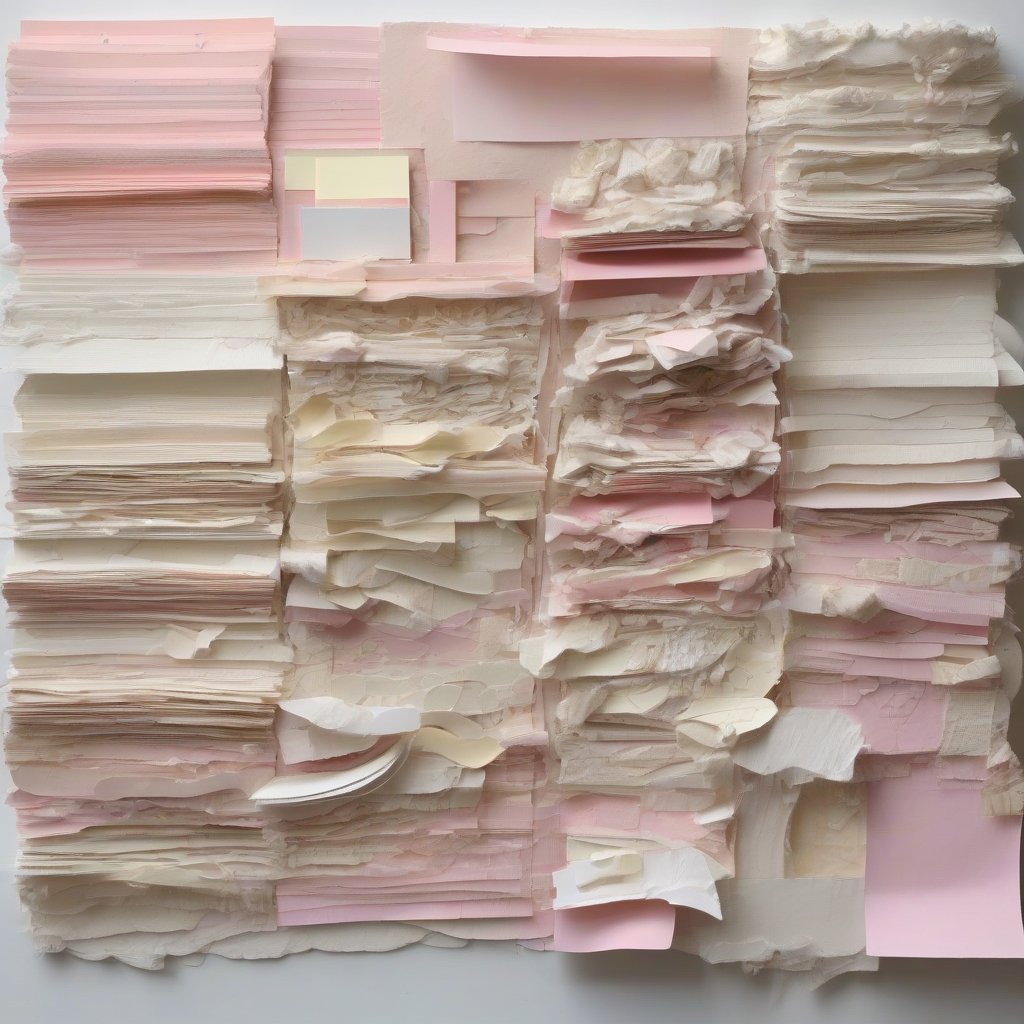Transplanting culture
I was watching a documentary a while back about gut health. In it a woman was making home-made “fecal transplants” (Fecal microbiota transplantation (FMT)).
The idea behind FMTs are that you can kick start or change your gut’s system by acquiring the outputs of another. It’s as odd as it sounds. There’s some evidence that it can help in some cases, particularly some stubborn infections.

Unlike the clinically approved stuff, the woman in the documentary had a blender with some poop in it. She had used her boyfriends and her brothers poop to restart her gut. Made pills out of them. Switching between the two as she noticed different side effects.
One of the influences on our gut health is what we eat and consume. It has a massive impact on our life. Too much junk food then our body optimises for it. And the cultures and things needed to digest more healthy food disappear. But it’s not just food. One of the side effects of antibiotics is that they will indiscriminately kill lots of things. Good or bad. And an encounter with them can really give your gut problems. Diet or drugs, starting a cycle where we can’t even digest or consume the nutrients we’re missing anymore. And then we need significant reboots. Leading to the the need for FMT in some extreme cases.
As I watched this documentary - my wife’s idea I feel I should add - I first thought I was glad I didn’t know this person and had eaten at their house. Watch whose smoothies you enjoy and any second-hand blenders you buy.
Earlier this year I thought about it again. This time when joking around with some colleagues on a particularly tough transformation project. Like a fair few consultancy projects, there’s a fair degree of an organisation wanting a transplant of culture. Not the gut kind (thankfully!) but how things are done, made and rewarded.
The desire being “show us how you do stuff. Join in, be a centre of good culture and we’ll take that and scale it across the organisation”. This all sounds great. But the problem is that most places who want this are too large and too hostile for new culture to be transplanted. And will not pay to keep transplanting the culture.
Cultural change isn’t just a one off injection. It takes serious “diet” change. It’s not something you can borrow, blend up, and hope takes root. It needs a proper change in “diet”. And that doesn’t come from a workshop or a new comms strategy. It comes from what leaders do. And from the people doing the work — who, let’s be honest, have seen this before.
People who have also heard “this time it’s different” a hundred times. They’ve sat through the launch events, the away days, the bold new strategies. And then they’ve watched it quietly fade away when things got hard or budgets got tight. Or had to pretend reorg 2.0 is better. Even though it’s what came before but with a new name.
If you want this stuff to stick, you may have to go slow to go fast. Backing it properly by starting small but with funding. Giving teams space and protection. And without pressure to scale before you’ve got something worth spreading. This doesn’t mean without accountability or being open. It just means not trying to scale across the entire organisation without understanding what it is you’re scaling. And not falling into the trap that you’ll change how things work without work.
It means repeated investment. That means money. And senior leaders changing too. Not just doing what they’ve always done. Not expecting everyone else to change but them. It also takes a lots of people agreeing a destination and process and sticking to it even when it gets uncomfortable. Because the destination is worth it.
But this is where most places struggle. Like a crash diet, they want results by the end of the week. They want faster delivery, clearer outcomes, everyone working smoothly. But the brutal truth is when you’re resetting an organisation’s guts, it often gets messier before it gets better. Things slow down. People get uncomfortable. Your goal will involve some new directions and techniques. And that’s exactly when you have to hold your nerve.
Change doesn’t come from the transplant. It comes from everything you do after.